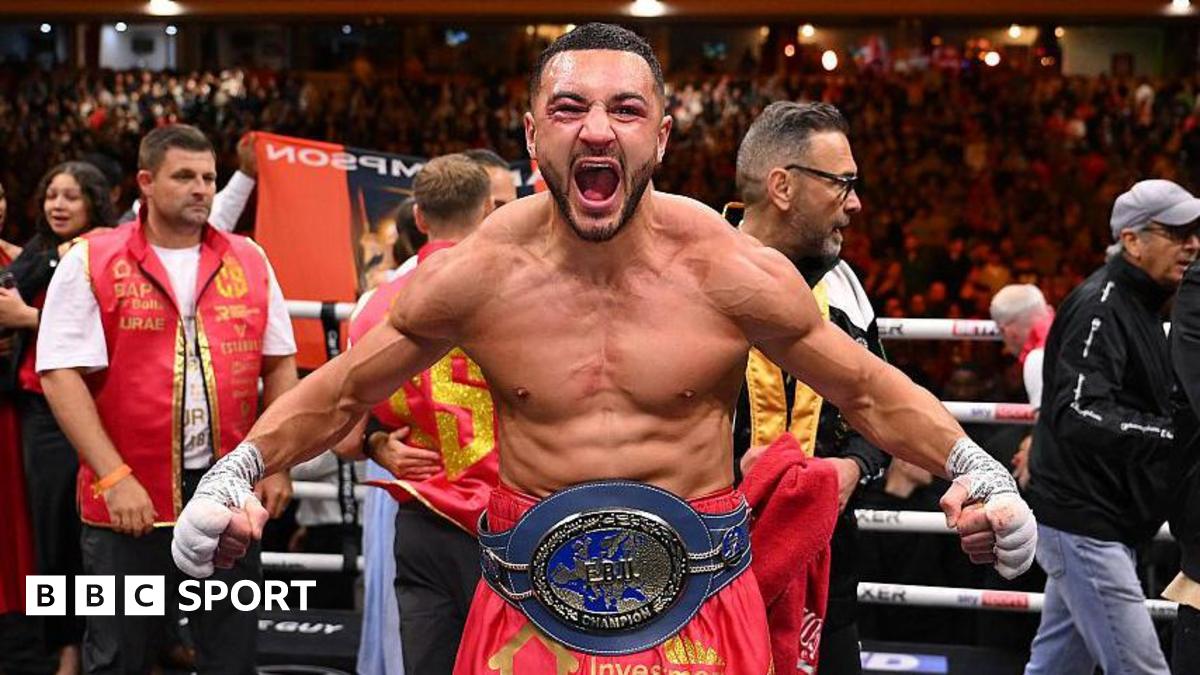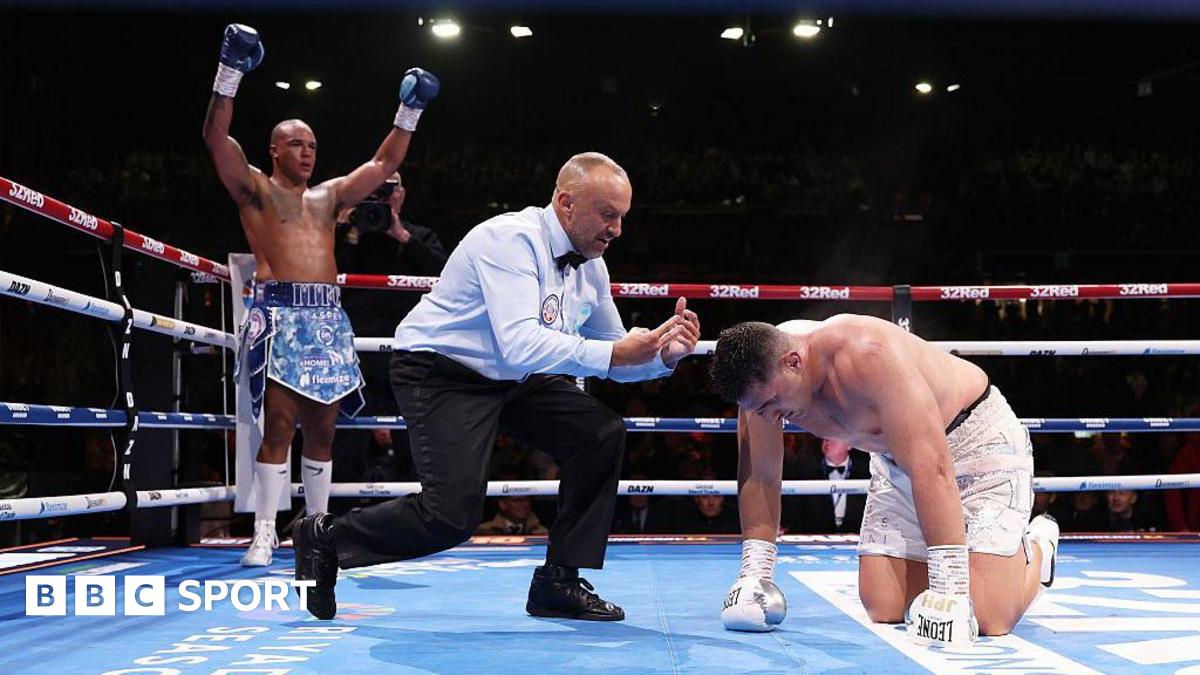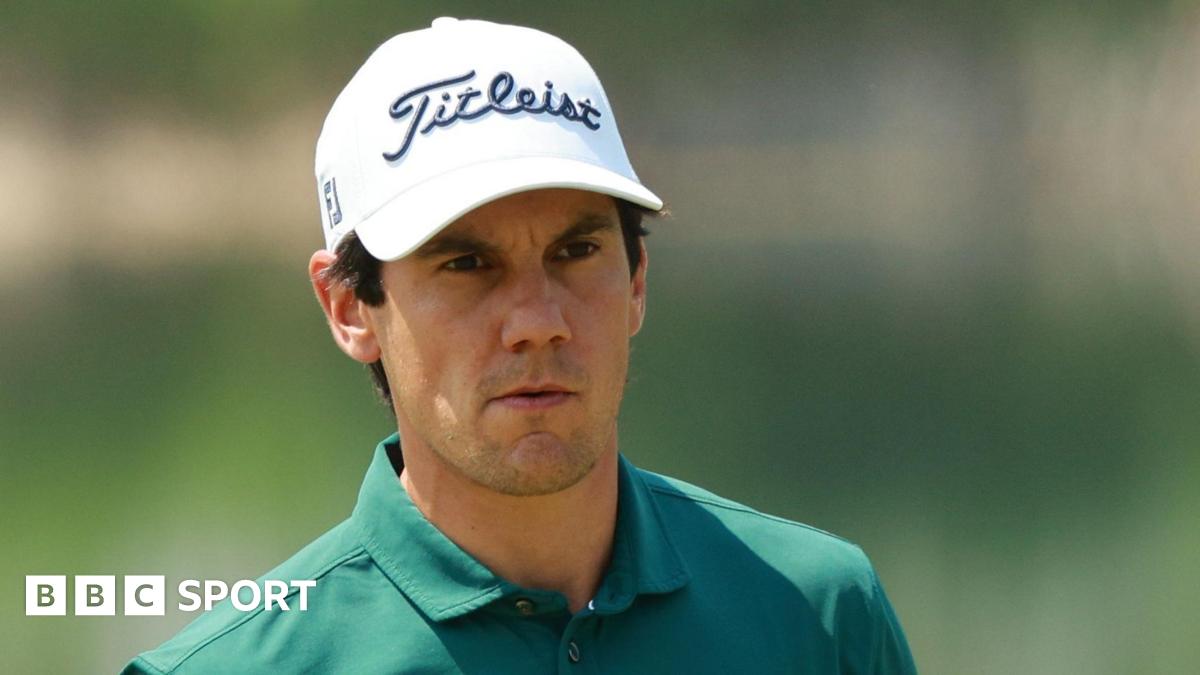ARTICLE AD BOX
 Johnson has won four Olympic gold medals - two in the 400m, one 200m and one in the 4x400m relay
Johnson has won four Olympic gold medals - two in the 400m, one 200m and one in the 4x400m relayOlympic champion Michael Johnson says sports stars of his generation were "lulled to sleep in the 90s" when it came to tackling social injustices and racial inequalities.
The American sprinter and BBC athletics pundit was reflecting on the rise of athlete activism for the BBC Radio 5 Live's 'All About...' podcast series.
With more professional sportsmen and women using their profile and platforms to challenge inequality and discrimination and campaign for change, this summer the International Olympic Committee (IOC) was moved to relax its rules on protesting at the Tokyo Games.
Johnson has made a podcast series on the subject of athlete protests called Defiance and told the BBC: "This series has made me think - if I was an athlete today, when this fight is ongoing and it's brought to our doorstep - would I risk it all?
- Raven Saunders: Olympic shot putter who took a stand in Tokyo
- Colin Kaepernick: How the NFL made its U-turn
- Marcus Rashford: Feeding Britain's Children - inside his campaign to tackle child hunger
"In the 1990s it was a very different time to what we're living in now. We weren't fighting for those things then, the fight didn't exist, it probably should have.
"We were lulled to sleep with the idea that we were in a good place - our parents fought for these rights that we have now and civil rights and we thought we were in a good place. Now we see, we weren't, we should've been fighting."
Johnson cites former San Francisco 49ers player Colin Kaepernick - who hasn't played in the NFL since he began kneeling during the national anthem in 2016 to protest against racial injustice in the US - as one of many athletes who have exercised their right to protest and faced consequences, but wonders whether he would have done the same.
- Listen to the full Radio 5 Live podcast with Michael Johnson
- From Trayvon Martin to Colin Kaepernick: The story of Black Lives Matter protest in sport
Johnson added: "It's not an easy choice. It's easy for me not being an athlete now to say 'absolutely I would do it'. But I've spoken to many of these athletes and you hear them talking about death threats and losing contracts and concerns for family members and it makes you really think about whether or not you would."
When US Olympic hammer thrower Gwen Berry raised her fist on the podium at the Pan-American Games in 2019 to draw attention to racial injustices, she received a 12-month probation from Team USA bosses.
Johnson expressed his support for Berry's right to peacefully protest - but received a backlash on social media.
"It happens quite often where these figures are pushing back against a societal wrong, become hated and are met with vitriolic responses from different corners of their own country and ultimately many years later are celebrated for what they have done.
"The question is whether that will happen with Kaepernick and Berry.
"How he [Kaepernick] is viewed 30 years from now will be determined by how successful we are in keeping his issue in the public debate and creating change around this subject."
Since Kaepernick's protests more athletes around the world have used their sports as stages to protest against injustices, which Johnson admits is a "risk".
He added: "I am far from that 54-year-old that says 'this generation don't know what they're talking about' - they absolutely do. They're pushing back on things that need to be pushed on.
"We were that generation of 'suck it up and grind it out' - we lost a lot of great athletes to that attitude but this generation have figured out that's not the right way to do it."
Johnson says that while it takes a lot of focus to succeed as a professional athlete, it is possible to also stand up for the things that you believe in.
"You need to have things that distract you from thinking about your sport 24/7," he said. "It's important to have things to think about that are bigger than you, that aren't about you.
"I was fortunate to figure out early on that the desire to win was important to me but never so important to me that I would sacrifice my family, my sanity or my happiness."

 3 years ago
67
3 years ago
67








 English (US) ·
English (US) ·